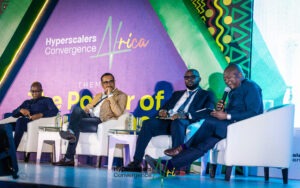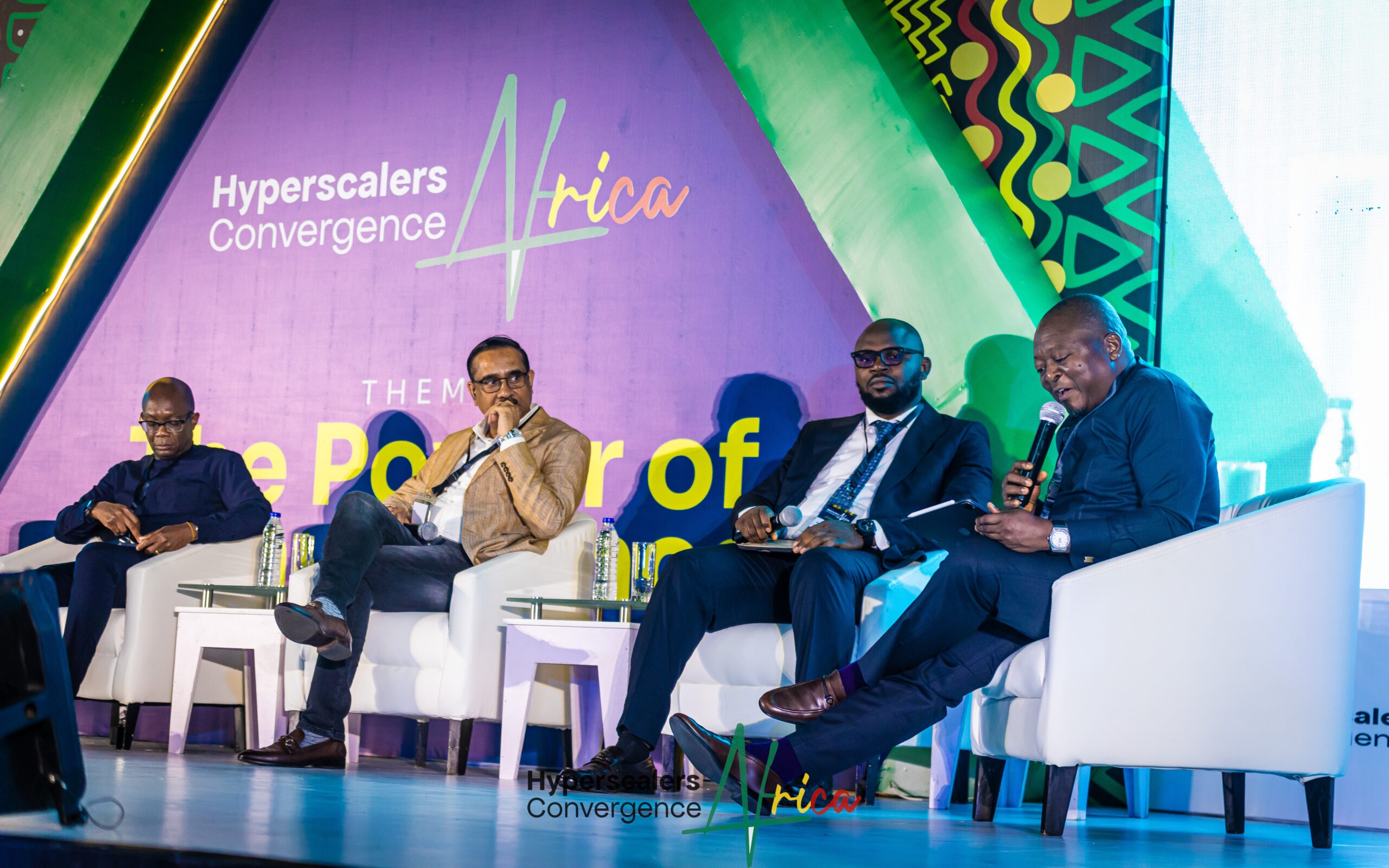The recent Hyperscalers Convergence Africa conference highlighted the growing global interest in data centers as a key asset class, with transaction sizes increasingly reaching up to 300 MW. The recent announcement of a groundbreaking 1 GW data center in the US underscores the growing interest and African industry leaders gathered in Nigeria to discuss the significant challenges and exciting opportunities in the data center landscape, underscoring the sector’s potential for growth and innovation.
The journey to 2500MW
Gbenga Adegbiji, CEO of Geniserve, opened the discussion by pointing out the urgent need to address low digital adoption and infrastructure gaps in order to meet an ambitious target of 2,500 MW in data center capacity across Africa. He emphasized that these challenges must be tackled head-on to unlock the full potential of the sector.
A major theme of the conference was the increasing trend of global data centers acquiring local operators, signaling a shift in the region’s digital landscape. Notable transactions, such as Digital Realty’s acquisitions of Teraco, iColo and Medallion, as well as Equinix’s purchase of MainOne, were cited as examples of this growing interest from international players. These acquisitions are indicative of a broader strategy to bolster regional capabilities and enhance service offerings.
Oluwasayo Oshadami, General Manager of Technical Operations at MainOne, shared insights on the evolution of cloud adoption in the region. He noted a significant transformation in mindset over the past decade, with IT departments moving from a reliance on on-premises servers to a recognition of the benefits offered by commercially-run data centers. “While West Africa’s combined data center capacity was just 80 MW two years ago, Nigeria contributed over 80% of that total, contrasting sharply with South Africa’s growth from 290 MW to over 400 MW,” Oshadami explained.
Many online users, limited digital infrastructure
Despite Nigeria’s larger population and substantial online presence, the country has not achieved proportional growth in data center development, highlighting an underperformance in this vital sector. Participants in the discussion identified key factors driving growth, including the need to convert Nigeria’s 100 million online users into meaningful economic activity. Investment in data centers was recognized as a pathway to job creation and economic stimulation, necessitating robust fiber networks for enhanced connectivity.
However, the conversation also revealed that the adoption of cloud and data center technologies is lagging behind other markets, largely due to trust issues and a cautious approach to technology transitions. The conference emphasized the importance of local manufacturing, with companies like Coleman producing fiber cables domestically. Nevertheless, challenges such as unreliable grid power and poor transport logistics remain significant hurdles.
Increased use case for renewables
Babatunde Edun, Executive Director, Tranos Contracting explored the opportunities for aggregated power in Nigeria beyond national grid, and says hat with the regulatory framework for energy become becoming more dynamic in Nigeria, renewables, especially solar will become more mainstream. “Solar will eat everything up,” he says, as he predicts that solar panel manufacturing in Nigeria alone will be at least 2 gigawatts (GW) per annum, with increased funds available for renewables.
The dialogue highlighted the necessity for collaboration among industry stakeholders, including partnerships with educational institutions to improve workforce readiness and explore alternative energy solutions like solar power. Participants agreed that political will and a conducive regulatory environment are crucial for attracting investment and enhancing the ease of doing business in the region.

An IPP for data centers in the Ajah Corridor, Lagos
Adewole Adebisi, Head of Technical Operations at Raxio Group, emphasized the need for increased regulatory involvement from governments to address power challenges in the region. He urged the creation of technology and industrial parks that include power manufacturers as key stakeholders. Dr. Krishnan Ranganath, Regional Executive, Africa Data Centres echoed these, and highlighted the Lekki-Ajah corridor, noting that it is home to many subsea cable operators and data centers. He called for targeted power projects in this area to effectively tackle the ongoing power issues.
There was a renewed commitment among industry leaders to confront these challenges and leverage the promising opportunities that position data centers as one of the hottest asset classes in the industry today. With transaction sizes reaching new heights and a clear path for growth, the stakeholders agreed that the future of data centers in Africa looks increasingly bright.





